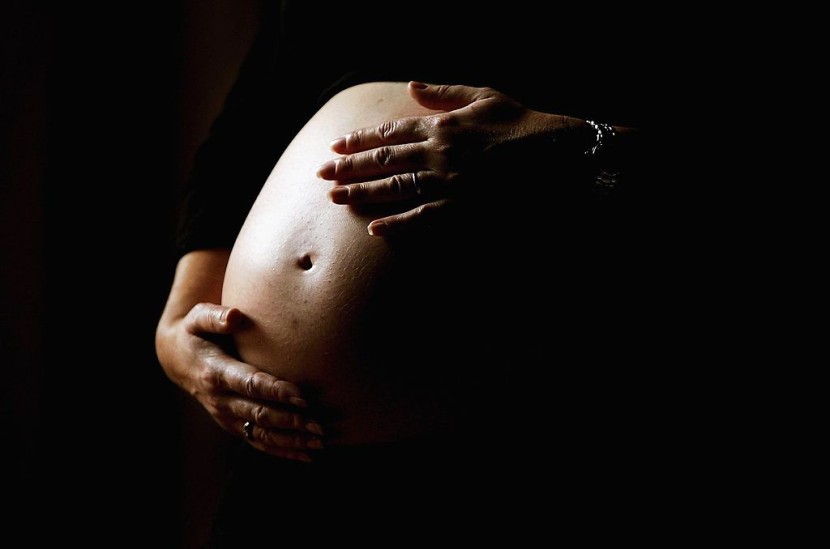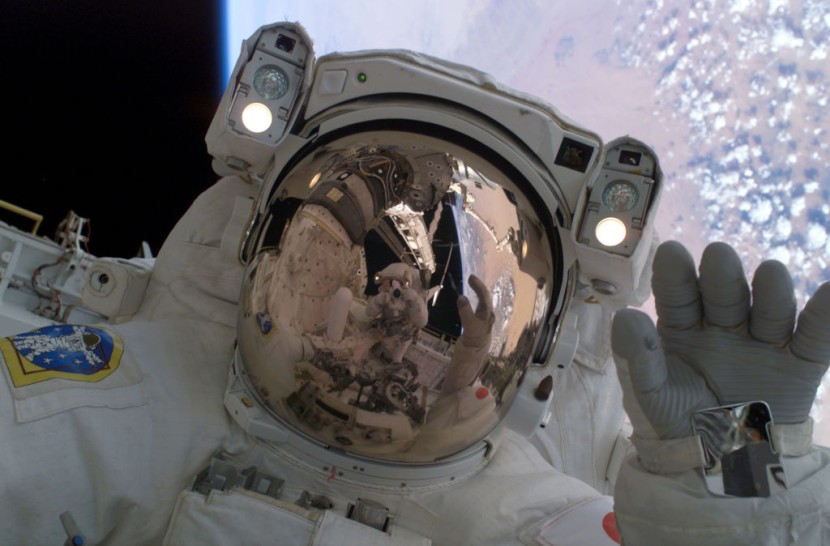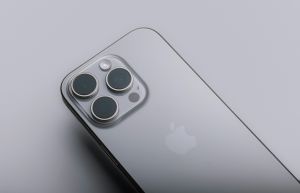Can you get pregnant in space? This is what many people have been asking for the past few years ever since NASA and other agencies started exploring the universe.

Now, a group of Japanese scientists decided to conduct an experiment to answer this question. Their test checked if an environment with low gravity and high-radiation can prevent pregnancy.
Scientists Conduct Experiment to Determine if Pregnancy is Possible in Space
According to Forbes' latest report, researchers from Japan decided to culture mouse embryos aboard the International Space Station.
They first extracted the embryos from pregnant mice on Earth. After that, these embryos were frozen and packed in a special device, which will allow astronauts to easily thaw and culture them.
The package was sent to ISS via a SpaceX rocket. Lead researcher Teruhiko Wakayama of Japan's University of Yamanashi said that the mice embryos were successfully cultured under microgravity for four days.
Japanese researchers on Earth examined these embryos. To their surprise, they found no signs of DNA damage. Instead, they saw a normal structural development that is similar to embryos cultured under the standard Earth gravity.
They claimed that the experiment clearly showed that micro-gravity had no negative effects on early embryo development. Involved Japanese scientists concluded that their findings are proof that mammals can reproduce in space.
Will NASA Allow Pregnancy in Space?

The latest findings of Japanese scientists don't mean that NASA and other space agencies will allow astronauts to become pregnant outside Earth.
For the past few years, the National Aeronautics and Space Administration has been highly discouraging people at the International Space Station from having sexual intercourse to prevent possible pregnancy.
NASA has numerous reasons why it discourages astronauts from allowing themselves to get pregnant. Although there is not much evidence proving that space drastically affects human bodies, many experts warned that a zero-gravity environment is not good for human health.
Space can affect astronauts, especially those on long-term space missions. They can experience muscle and tissue loss, as well as lose their bone strength.
Another negative effect of microgravity is on blood circulation, as reported by The Universe Space Tech. Since full-grown humans can be affected by just living in space, NASA officials believe that living in a low-gravity environment with high radiation can affect the fetus more.
As of writing, NASA hasn't commented on the latest findings acquired by Japanese scientists. However, it's unlikely that the international space union will encourage astronauts to have sexual intercourse.
© 2026 HNGN, All rights reserved. Do not reproduce without permission.








